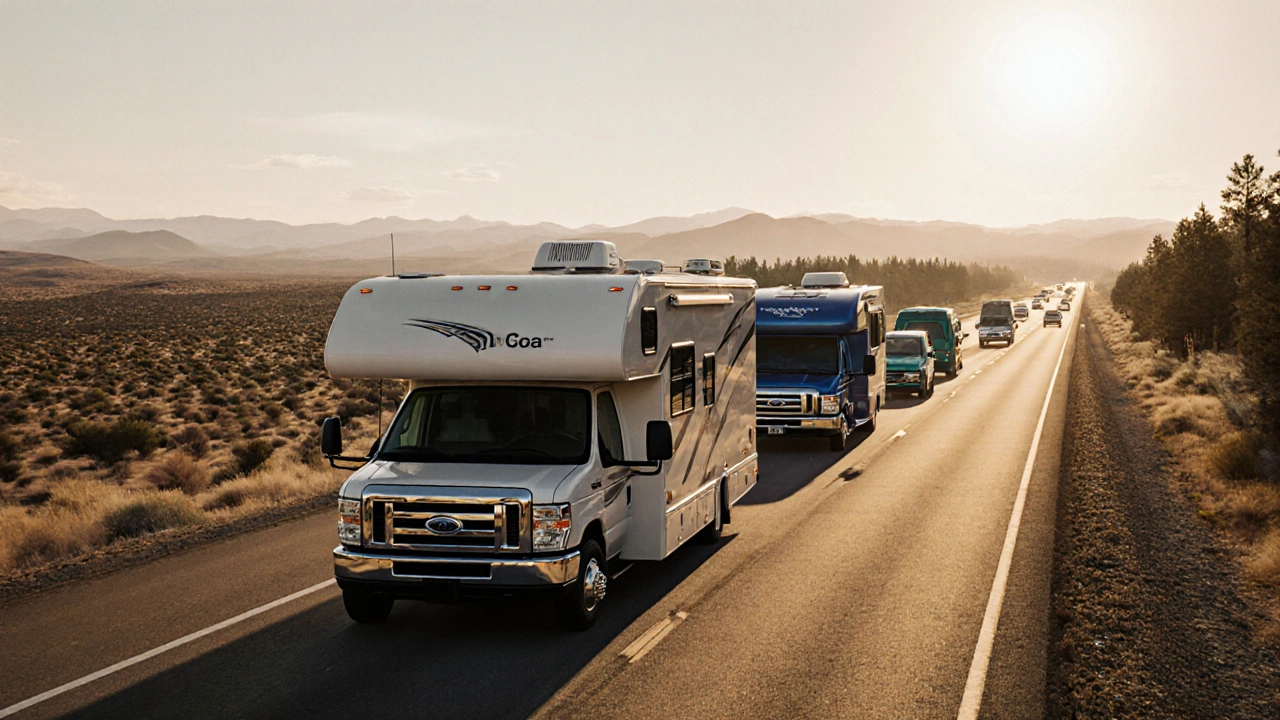Average RV Lifespan – How Long Does a Motorhome Really Last?
When you hear the term Average RV Lifespan, the typical number of years a recreational vehicle stays functional and keeps value. Also known as RV lifespan, it matters to anyone thinking about buying, renting, or simply keeping a camper on the road. Knowing the average RV lifespan helps you budget, plan upgrades, and decide if a motorhome fits your lifestyle.
Key Factors That Influence How Long an RV Lasts
One of the biggest drivers is RV depreciation, the loss of value as the vehicle ages. Depreciation isn’t just a number on a spreadsheet; it tells you how quickly your investment erodes. A well‑maintained Class C can lose less than 5% per year, while a heavily used Class B might drop 10% or more. Understanding depreciation lets you compare buying versus renting, as the Is Buying an RV a Smart Financial Move? article shows.
Another crucial piece is RV maintenance, the regular care needed to keep the engine, utilities, and interior in good shape. Routine oil changes, roof seal checks, and battery health checks can add years to the life of your motorhome. Skipping these tasks often leads to costly repairs that shorten the lifespan and accelerate depreciation. The guide on What Does the UK 36 Rule Mean for Campsites? even touches on how proper campsite selection reduces wear and tear.
Financing choices also play a role. RV financing, the loans or leases used to purchase a motorhome determines how long you stay in debt and how much interest piles up over the vehicle’s life. A longer loan might lower monthly payments but increase total cost, making the effective lifespan of your investment shorter in financial terms. The article Is Buying an RV a Smart Financial Move? breaks down these trade‑offs.
Beyond those three, usage patterns matter. Frequent boondocking, as explained in Boondocking Explained, stresses the plumbing and battery systems, while heavy towing can strain the chassis. Weight distribution, covered in the Understanding the 2-2-2 Rule for RVs, ensures that the vehicle handles well and avoids premature wear on tires and suspension.
All these pieces connect: depreciation reflects the wear from usage, maintenance slows that wear, and financing affects how you absorb the cost over time. When you grasp these relationships, you can make smarter decisions about when to buy, how to maintain, and what to expect from your motorhome’s years on the road. Below you’ll find articles that dive deeper into each factor, from cost calculations to practical tips for extending your RV’s useful life.
-
 VIEW POST
VIEW POSTAverage RV Ownership Length: How Long Do Motorhome Owners Keep Their RV?
Oct, 19 2025|0 CommentsFind out how long the average RV owner keeps their motorhome, what factors drive sales, and whether buying or renting makes more sense for you.